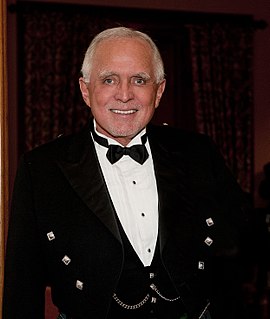A Quote by Lincoln Kirstein
Ballet dancers are a self-chosen elite. To survive and surmount years of disciplinary preparation and seasons of even more arduous performance requires rigid determination and almost mindless self-abnegation. One other factor is difficult to predetermine: without a certain admixture of hysteria - sometimes masking as self-obsession, sometimes even counterfeiting incipient madness - performers, at once acrobats, artists, and animals, make little public impression.
Quote Topics
Abnegation
Almost
Animals
Arduous
Artists
Ballet
Ballet Dance
Ballet Dancer
Certain
Chosen
Dancers
Determination
Difficult
Elite
Even
Factor
Hysteria
Impression
Little
Madness
Make
Mindless
More
Obsession
Once
Other
Performance
Performers
Preparation
Public
Requires
Rigid
Seasons
Self
Sometimes
Survive
To Survive
Without
Years
Related Quotes
Self-interest, to be sure, is one of the most important, but we have many other motives - honesty, self-respect, altruism, love, sympathy, faith, sense of duty, solidarity, loyalty, public-spiritedness, patriotism, and so on - that are sometimes even more important than self-seeking as the driver of our behaviors.
Everyone has a self-destructive nature in them. It's whether you feed it or not. You don't have to be a pop star to feel connected to destruction or self-destruction. But self-destruction is self-obsession, and self-obsession is not really possible if you're engaged in raising children. And if you have a spiritual life, you're constantly being asked to see yourself as one small fragment in the bigger picture.
People with self-respect exhibit a certain toughness, a kind of moral nerve; they display what was once called *character,* a quality which, although approved in the abstract, sometimes loses ground to the other, more instantly negotiable virtues.... character--the willingness to accept responsibility for one's own life--is the source from which self-respect springs.
It's all about self-discipline. Like, self-obsession is connected completely with self-loathing, and it's the same with, if you've got a weight problem. It's all about... finding some worth in yourself, knowing that you've got the discipline to do it, and knowing that other people maybe can't do it. And it's also, I think, really connected to the fact that you almost feel, like, silent, you have no voice, you're mute, there's just no, you've got no option. Even if you could express yourself nobody would listen anyway. Things that go on inside you, there's no other way to get rid of them.






































